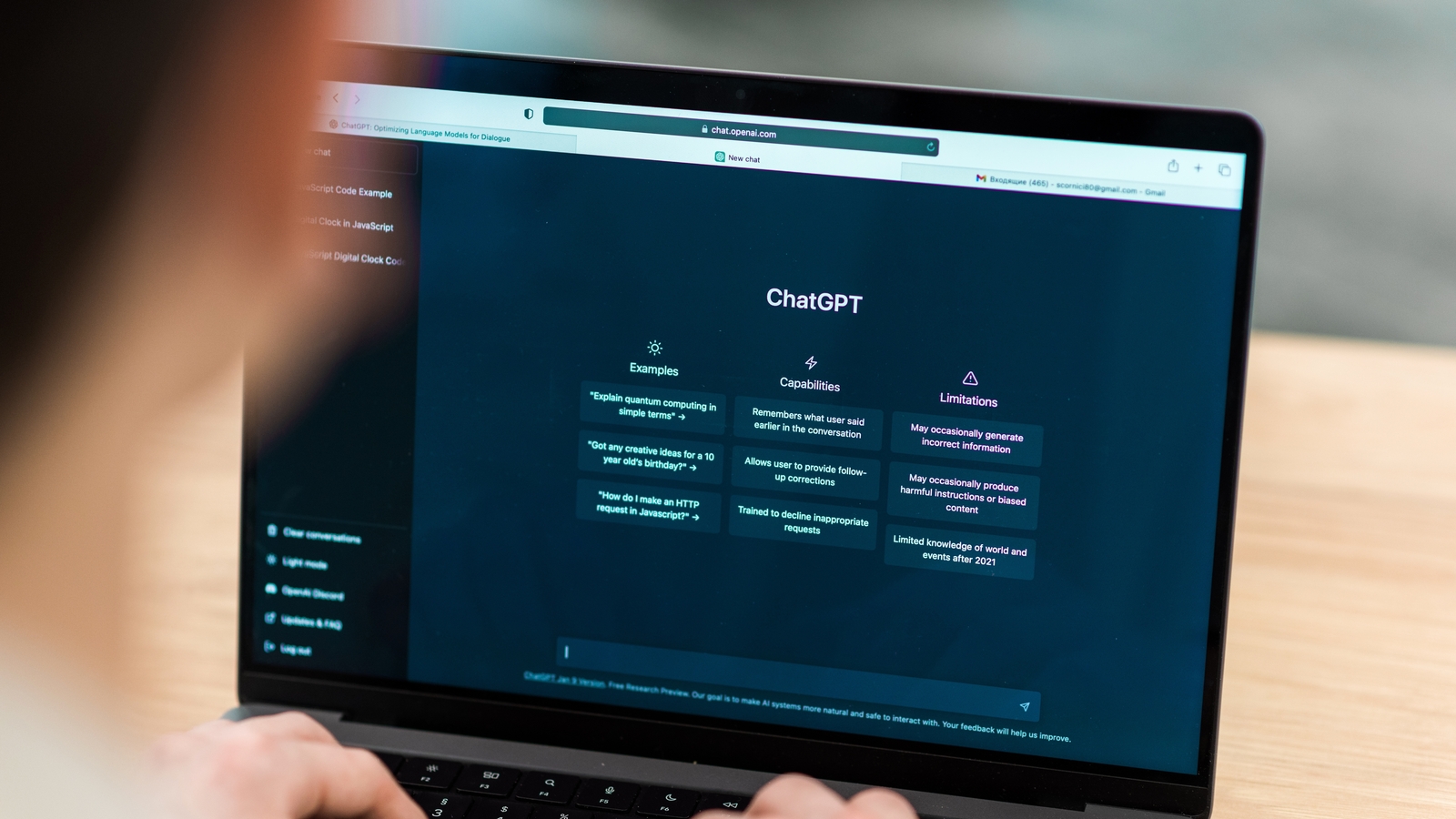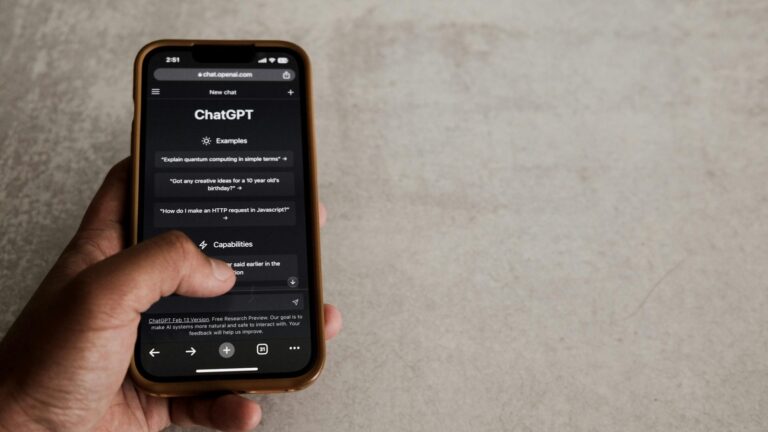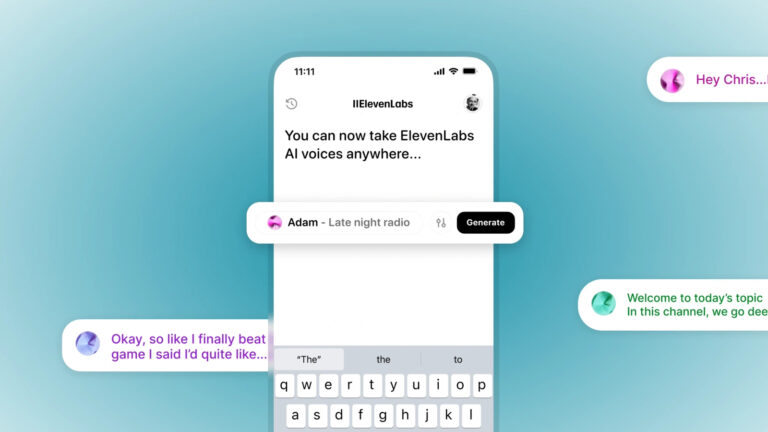Jun 25, 2025 08:40 PM IST
OpenAI’s hardware project with Jony Ive faces a legal roadblock over the name “io,” leading to delays and removal of the name from public platforms.
OpenAI, the company that gave us ChatGPT, is working on something big, and it’s not just software this time. They’ve teamed up with former Apple design legend Jony Ive to build their first-ever hardware device. Earlier this year, OpenAI brought in a team led by Jony Ive, the former Apple design head, in a multi-billion dollar all-equity deal. The goal was to build a new kind of AI device. But there is one big problem. The name they were using, “io”, is now caught up in a legal fight.

So what is the issue? Another company called Iyo says OpenAI is using a name that sounds too close to its own. Iyo is an audio tech startup that is working on an in-ear AI device. They filed a lawsuit claiming that OpenAI and its new hardware team knew about their brand and even rejected an earlier investment offer. Court documents include emails that show OpenAI CEO Sam Altman had direct contact with Iyo before deciding to move in a different direction.
Things got more serious when a US court told OpenAI to stop using the name “io” in public. So OpenAI has now removed all references to it from its website and social media. The company is being very careful with what it says about the project for now.
What kind of device is OpenAI building?
According to court filings, it is not a wearable and not an in-ear gadget. Tang Tan, who is leading the hardware team, said the product is still at least a year away and the design is not final yet. While the exact nature of OpenAI’s hardware remains under wraps, it has been confirmed that it will not be released before 2026.
Court documents dated June 12 reveal more about the development process. OpenAI stated that the “io” team had explored a variety of hardware formats before deciding on a direction. These included desktop, mobile, wired, wireless, wearable and portable concepts. The company added that its team spent several months studying existing market products and engaging in prototyping exercises.
In short, OpenAI wanted to build something new and exciting in the AI hardware space. But now they have to deal with a name dispute before they can move forward. For now, all eyes are on what they build and what they call it next. One thing is clear. OpenAI’s move into hardware has begun, but the road ahead may be a little bumpy.





















